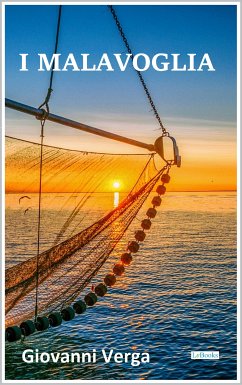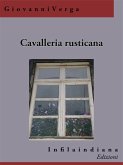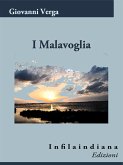"I Malavoglia" is considered Giovanni Verga's masterpiece and a cornerstone of the verismo movement. Published in 1881, the novel provides a detailed and poignant portrayal of a Sicilian fishing family's struggles against poverty, misfortune, and societal changes. "I Malavoglia" is a seminal work in the verismo literary tradition, influencing subsequent generations of writers who sought to depict life with similar realism and social critique. The novel's portrayal of the struggles of the lower classes resonated with readers and critics alike, earning Verga a prominent place in Italian literature. The novel has been adapted into various forms, including plays and films, most notably the 1948 film La Terra Trema directed by Luchino Visconti, which brought Verga's vision to a broader audience. Verga's work continues to be studied for its literary merit and its insightful commentary on social issues. His ability to capture the essence of Sicilian culture and the universal human experiences of hardship and resilience ensures that The House by the Medlar-Tree remains a significant and enduring work.
Dieser Download kann aus rechtlichen Gründen nur mit Rechnungsadresse in A, B, BG, CY, CZ, D, DK, EW, E, FIN, F, GR, H, IRL, I, LT, L, LR, M, NL, PL, P, R, S, SLO, SK ausgeliefert werden.









